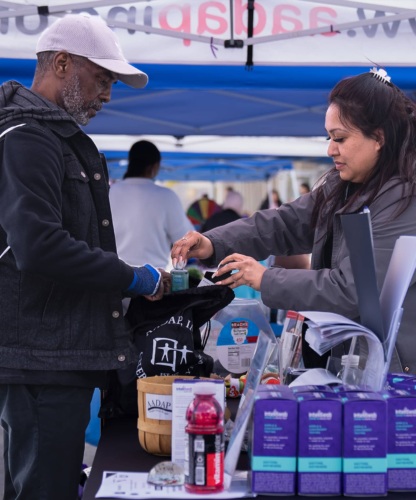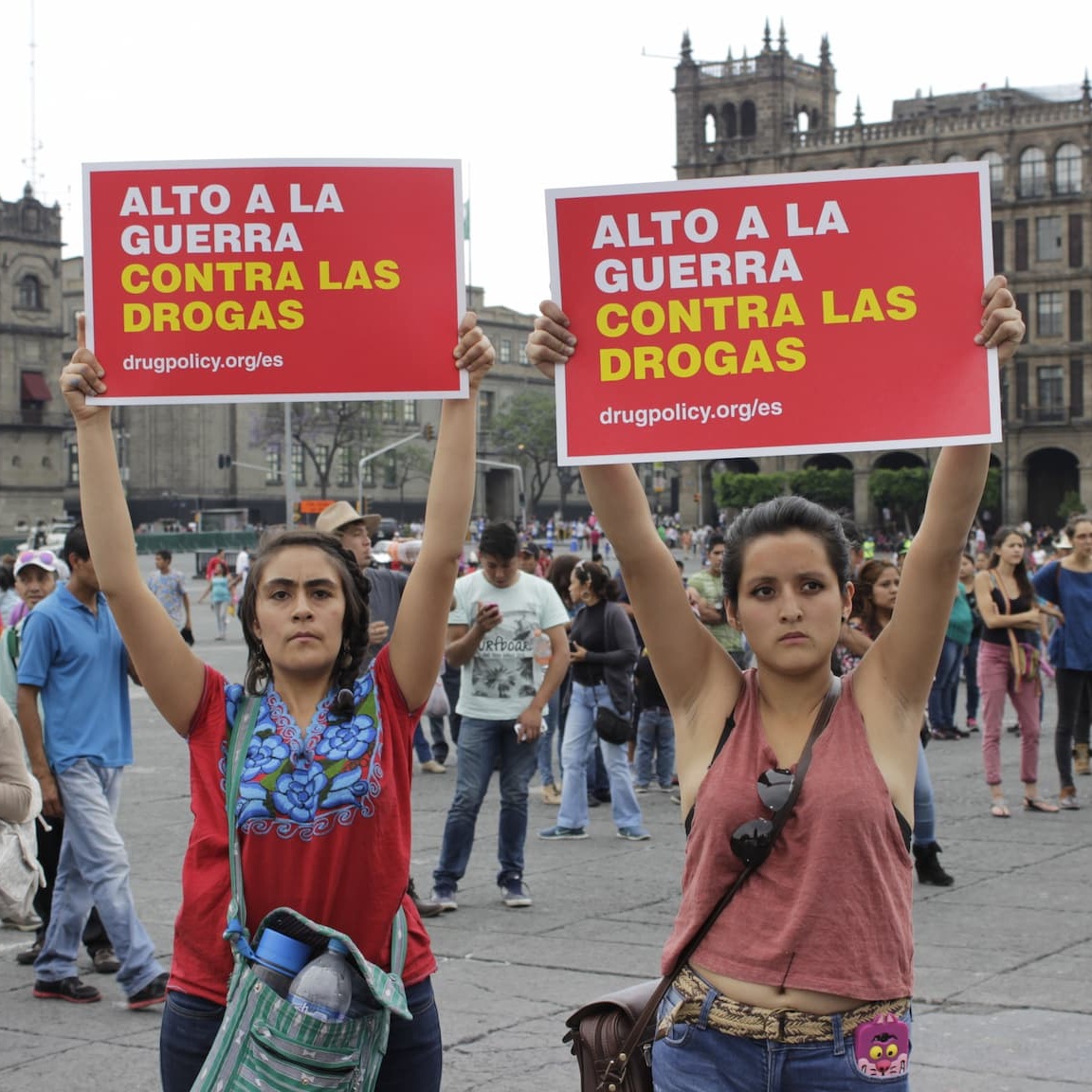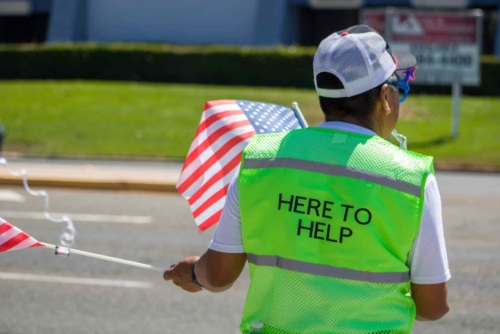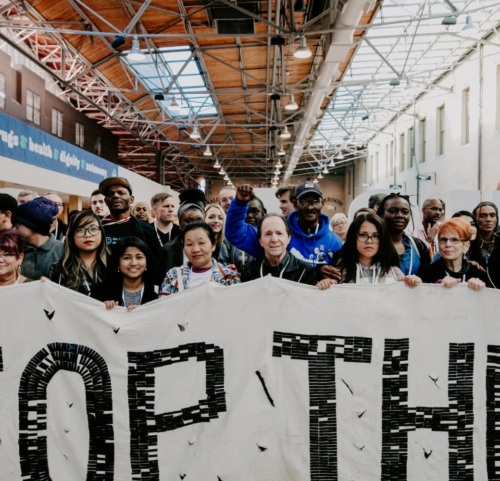Punitive approaches fuel overdose crises and create more potent drugs.
For over a century, U.S. drug policy has prioritized punishment. The U.S. has exported its approach and enforced prohibition as the norm abroad. It has used its influence and funding to pressure other countries to adopt punishment-first responses. This often means jailing people and complying with supply reduction efforts to seize drugs and stop their production.
This approach has failed. Despite record-high spending to stop drug use, production, and trafficking- drugs are now more available, potent, and affordable than ever. The U.S. has long dealt with an overdose crisis as a result. Rather than preventing harm, these policies have diverted resources away from addressing root causes and investing in health services that save lives.
Prohibition has fueled global harm and human rights abuses.
U.S.-driven drug prohibition has contributed to poverty, violence, human rights violations, and poor health outcomes around the world. One stark example is the U.S.-funded crop eradication strategies in Colombia. This tactic failed to curb cocaine production. Instead, it fueled violence and caused severe health and environmental damage. This has led to increased rates of cancer, miscarriages, contaminated water and soil, destroyed food crops, and mass displacement.
Crackdowns on drug production and trafficking often provoke violent responses from cartels determined to maintain control. They also incentivize the development of stronger, more dangerous substances that are easier to conceal and transport. It’s a dangerous cycle where enforcement leads to more violence and deadlier drugs. Yet the U.S. continues to invest billions in these failed strategies at the expense of global health and safety.
Center health and economic justice in U.S. foreign drug policy.
To reduce overdose and drug-related harm domestically, the U.S. must shift its global drug policy focus from reducing the supply to addressing the drivers of U.S. drug demand. This includes shifting from punishment to health and investing in evidence-based solutions like housing, treatment, and overdose prevention. We must address the social and economic conditions that drive drug involvement in areas impacted by prohibition. We must explore legal regulation models that center health and human rights.
The Drug Policy Alliance believes the U.S. should fund health and community programs that focus on care, not punishment. By ending wasteful spending on the failed global drug war, we can use those resources to improve the health and well-being of people in the U.S. and around the world.








